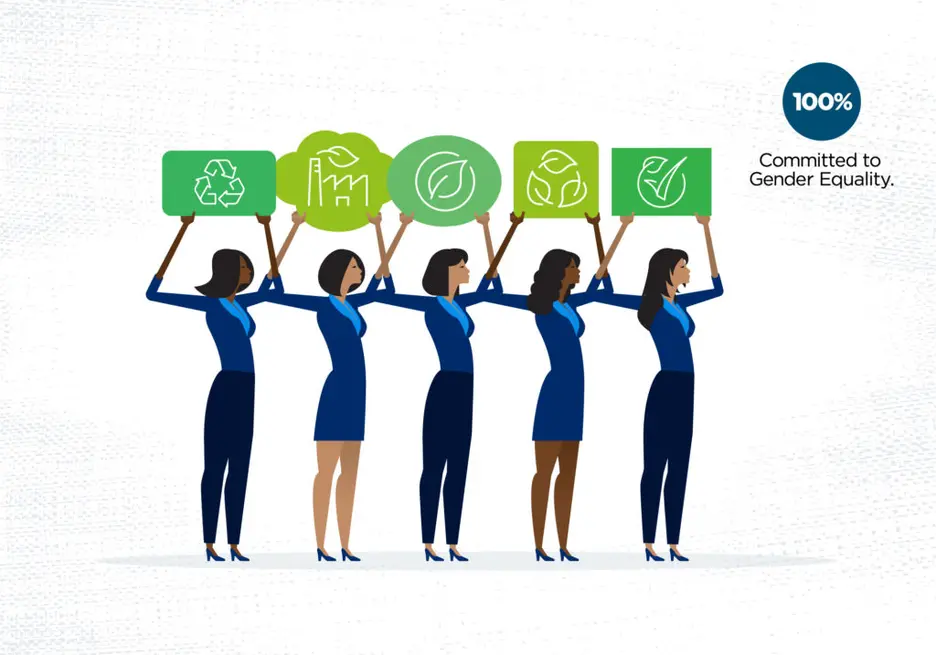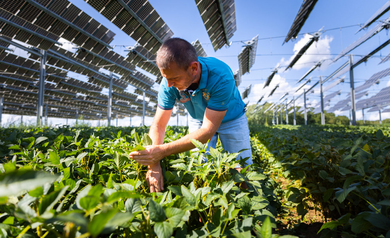How to create green jobs with a gender perspective?

Yet, the problem is that there is still very little grasp on how to combine the objectives of adapting to the new sustainable economy and giving women the same job opportunities as men. In other words, how to achieve more inclusive employment in industries affected by climate change.
In this regard, three very simple actions can produce very promising results:
- Diagnosis: self-inquiry is needed to reveal whether unconscious prejudices and stagnant views on the roles and capacities of women still exist in your business model.
- Recruitment: recruitment policies are necessary to attract female talent, especially in the so-called STEM disciplines (science, technology, engineering and mathematics), where women are still a minority, even though their graduation rates in the region's universities exceed those of men. It has been demonstrated that greater diversity among leadership roles makes companies think more strategically, handle crises better, and make more effective decisions in regard to business opportunities.
- Design products and/or services with a gender perspective: to achieve this, certain unconscious prejudices also need to be discarded. In the banking sector, for example, the potential of female entrepreneurs is enormous. Statistics suggest that they tend to be more loyal as customers and are more likely to purchase several products with the same institution. Another promising area is the region's transport companies, a key and predominantly male sector. Since women make up half of transport users, their views are essential to design systems that prioritize user safety. The more sensitive the sector becomes to these issues, particularly in terms of insecurity, the more successful it will be.
Inclusion in the field
At IDB Invest we work on projects that, in addition to mitigating the effects of climate change, are advancing towards full gender equality through an incentive program, supported by the Canadian Climate Fund for the Private Sector of the Americas (C2F):
- Optimal Energy: the company has overseen the replacement of incandescent lamps with efficient LED bulbs in the municipality of Ensenada (Mexico). An internship program was launched in which three students participated. Two of them were female students of Nanotechnology Engineering, and Energy and Sustainable Development.
- La Castellana: a wind energy plan in Argentina featuring a company-led internship program for women in STEM careers, to support field work and corporate management.
- Casablanca & Giacote: the objective was to hire workers for the construction of six photovoltaic solar plants in Uruguay. The company has fulfilled its gender commitments, assigning at least 15% of working hours to female labor and making sure that two thirds of that time were spent at the construction site.
At IDB Invest, we strive to accelerate gender equality in our projects and support actions against climate change. Our experience can be useful for companies who wish to seize the opportunities available in the new climate economy, to generate good business and inclusive employment.■
Download the "We make a difference for equality. Incentives to close the gender gap" report.
LEARN HOW IDB INVEST CAN OFFER YOU SOLUTIONS HERE.
LIKE WHAT YOU JUST READ?
Subscribe to our mailing list to stay informed on the latest IDB Invest news, blog posts, upcoming events, and to learn more about specific areas of interest.
Subscribe


